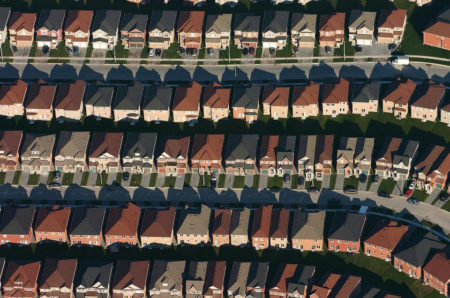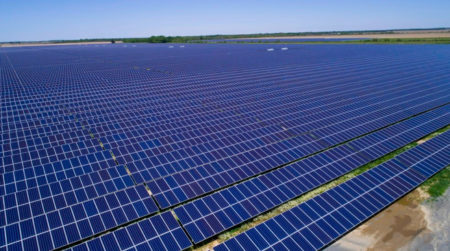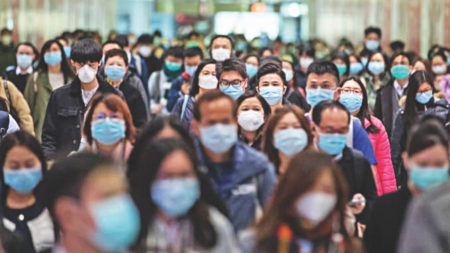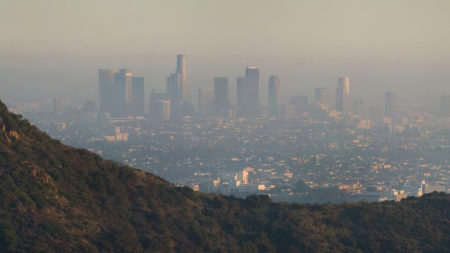Workshop VIII, Imre Szeman, 6 August 2020
Imre Szeman begins his presentation “Oil, Coronavirus and the Promise of Green Futures” by identifying three key notions which underlie his talk about the impact of the COVID-19 pandemic on energy futures: Oil, COVID-19, and Green. He tells us that he will be paying special attention to the narrative of transitioning which has emerged with the advent of the pandemic. Is COVID-19 accelerating the transition to a green and sun-powered world? And if so, how?
COVID-19 has created room for some promising developments, hard to miss for anyone concerned with the planet. Yet the message that COVID-19 was a stroke of luck is troubling as it obscures the real issues of energy transition. To do so, we need to transform social relations; we need to become different kinds of energy subjects if we want to leave fossil fuels behind.
Fossil fuels, as Freud already recognized in Civilization and Its Discontents (1930), expand what it means to be human and turn us into some other kind of creature. Probably the biggest challenge posed by energy transition consists of convincing the subjects that we are currently, “petrogods”, to give up the powers which we were granted by fossil fuels.
Did the virus create a “crack”, a possibility for a change which has to take place? Four months into the pandemic, there were predictions about its effects, like change in social habits. People started to work from home and buy locally; however, this represents a minority of the population in a minority of countries. Furthermore, people living in the suburbs still have to drive to get their supplies and oil thus remains a necessary evil. We are embedded in a broader powerful system driven by investors. Meanwhile, the oil industry received subsidies and none of the big oil-consuming countries have yet proposed adequate measures.
It seems as though social engineering is needed to take away the petrogods’ powers. This, however, is problematic in terms of the values and practice of democracy. Imre Szeman argues that people should act willingly, that the “somebody has to do something for us” mentality makes him nervous. His main preoccupation has to do with how we arrive at the political: that collective aspect which is needed to speed up the change.
COVID-19 I transition I social relations I ecoliteracy I social engineering I democracy




